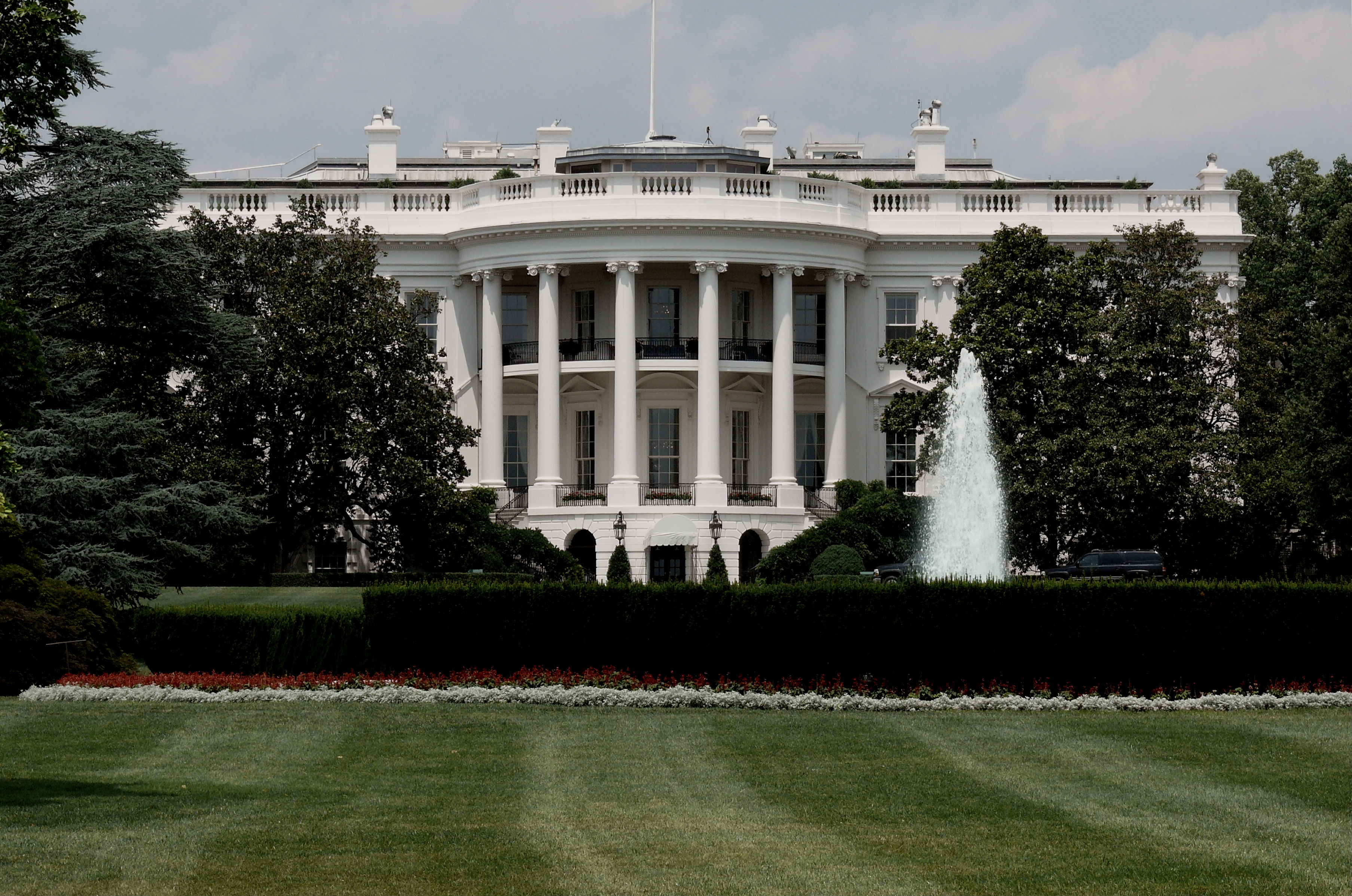White House Defies Congressional Subpoena — Without Asserting Executive Privilege
The White House ordered the personnel security director not to appear before Congress, without asserting any kind of executive privilege to account for its defiance of Congress’ constitutional prerogatives.

On Tuesday, White House Personnel Security Director Carl Kline failed to show up for a scheduled deposition before the House Oversight and Reform Committee, as ordered by a subpoena. The White House said that it had ordered Kline not to appear, without asserting any kind of executive privilege to account for its defiance of Congress’ constitutional oversight and investigatory prerogatives.
The committee had subpoenaed Kline in early April as part of its investigation of security clearances granted to Jared Kushner and others over the objections of career personnel. Kline allegedly retaliated against the career employee, Tricia Newbold, after she objected to Kline having overruled multiple recommendations to deny security clearances.
Rather than asserting executive privilege, the White House instead has indicated it is ignoring Congress’ authority as an independent and co-equal branch of government that is charged with conducting oversight of the executive branch. In telling Kline not to appear, the White House argued that congressional oversight “unconstitutionally encroaches on fundamental executive branch interests.” And Kline, in following White House orders to not appear, is now open to being found in contempt of Congress. Indeed, following Kline’s no-show, Oversight Chair Elijah Cummings said that he plans to schedule a vote on contempt.
An assertion of executive privilege would provide a clear opportunity for federal courts to weigh that assertion and determine whether the information sought by Congress should indeed be withheld, or if that privilege is outweighed by the public interest in disclosing the information. But the security-clearance matter is just the latest instance of a White House simultaneously resisting transparency and refusing to assert executive privilege — perhaps to avoid such a confrontation in the courts.